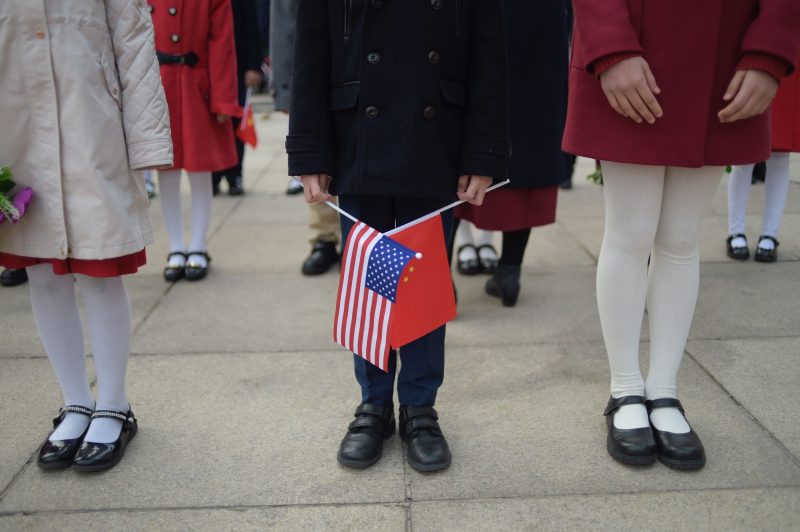In the realm of geopolitics, the delicate dance between world powers is often akin to a strategic game of chess. Each move made by a nation can have far-reaching consequences, especially in the current global landscape where relations between nations are more strained than ever. One particular relationship that has garnered significant attention is the complex dynamic between the United States and China.
The United States, under the leadership of former President Donald Trump, took a more aggressive stance towards China, labeling the nation as a strategic competitor and implementing tariffs and trade restrictions to address what it saw as unfair trade practices and national security threats posed by Chinese companies. This approach ushered in an era of heightened tensions between the two superpowers, characterized by bitter rhetoric, tit-for-tat measures, and a growing sense of mistrust.
With the election of Joe Biden as the new President of the United States, many expected a shift in U.S. policy towards China. Biden has emphasized the need for a more multilateral approach to addressing China’s rise as a global power, focusing on building alliances with like-minded countries to exert pressure on Beijing and push back against its assertive actions in the South China Sea and beyond.
However, the reality is far more nuanced than a simple pivot from hostility to cooperation. The U.S.-China relationship is fraught with complexities that cannot be easily remedied by a change in leadership alone. China’s own internal dynamics, including President Xi Jinping’s consolidation of power and the Chinese Communist Party’s increasing assertiveness on the global stage, present significant challenges for any U.S. administration seeking to navigate this intricate relationship.
For China, the dilemma of dealing with a new U.S. president presents its own set of challenges. While Biden’s approach may differ in tone and tactics from his predecessor, the underlying strategic competition between the two nations remains unchanged. China must carefully calibrate its response to the Biden administration, balancing its desire for a more stable and predictable relationship with its own strategic interests and national pride.
In this high-stakes game of international relations, China finds itself in a precarious position, unable to pick its poison when it comes to mending ties with the United States. Any misstep could have far-reaching consequences for both countries and the broader global order. As the world watches closely to see how these two titans of the international stage navigate their complex relationship, one thing is clear: the path to reconciliation will be paved with challenges, uncertainties, and difficult choices for both Washington and Beijing.


























